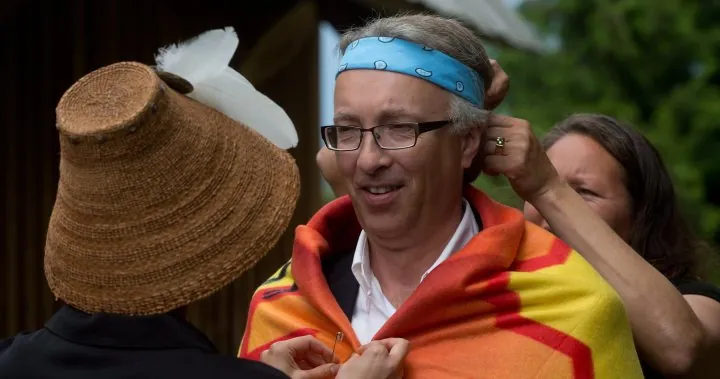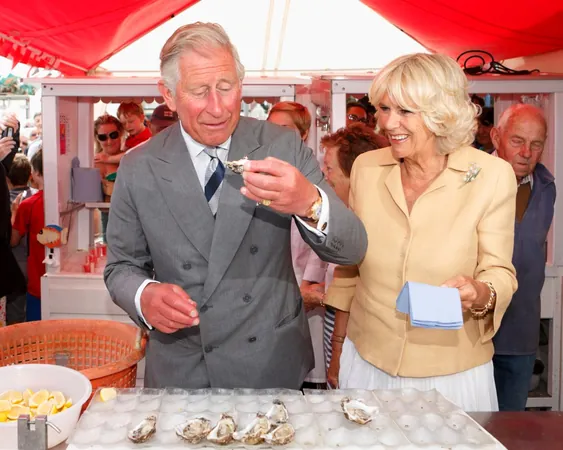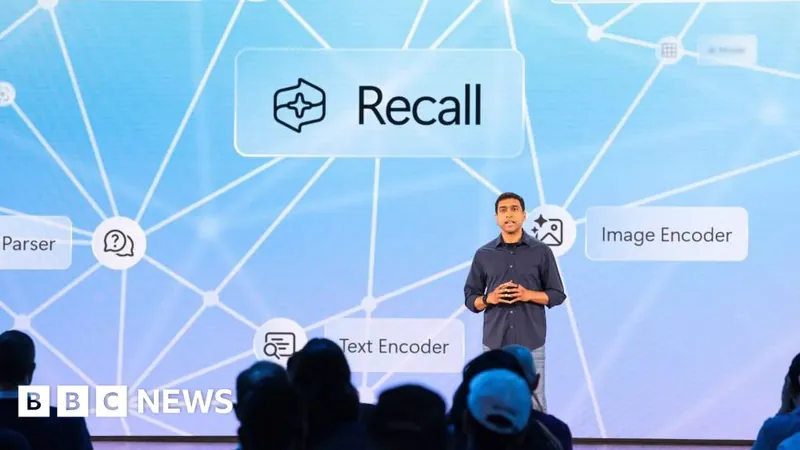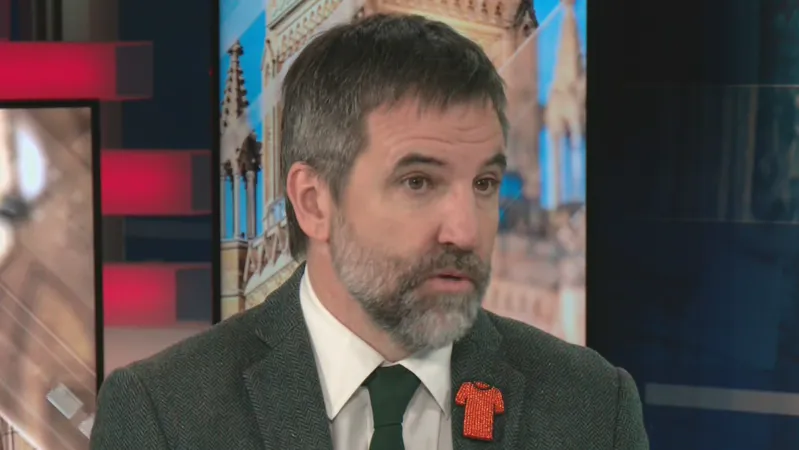
BC Conservatives Call for Repeal of Indigenous Rights Law UNDRIP, Provoking Immediate Backlash
2024-09-29
Introduction
British Columbia is witnessing significant political turbulence as the BC Conservatives, under leader John Rustad, declare their intention to repeal the United Nations Declaration on the Rights of Indigenous Peoples (UNDRIP) in the upcoming provincial election scheduled for October 19. This law, which was unanimously passed in October 2019, fundamentally transformed the relationship between First Nations and the provincial government, emphasizing shared decision-making and free, prior, and informed consent for initiatives affecting Indigenous communities.
Reactions from Indigenous Leaders
Terry Teegee, the regional chief of the B.C. Assembly of First Nations, expressed deep concern regarding Rustad's proposed repeal. He articulated that this move could devastate years of progress towards reconciliation, stating, "Rather than consultation, we're looking at shared decision-making now. Rustad is essentially rolling back reconciliation efforts that took a long time to build." Teegee highlighted the negative ramifications that this shift in policy could have for constructive dialogue and rights acknowledgment between the province and First Nations.
Rustad's Shift in Stance
Rustad, who previously supported the passage of UNDRIP as a member of the B.C. Liberal Party, is now framing the UN declaration as ill-suited for Canada's context, asserting that it was developed for use in different countries. His recent remarks have caused alarm among Indigenous leaders, who fear that such a rollback could regress the relationship between Indigenous peoples and the province to the state it was in 40 years ago, before landmark legal cases began to define Aboriginal rights in Canada.
Concerns from Conservative Candidate A'aliya Warbus
Compounding the controversy, Conservative candidate A'aliya Warbus, who represents the Sto:lo Nation, shared her initial disbelief upon meeting Rustad and learning about his stance on UNDRIP. After a subsequent discussion with him, she felt reassured regarding his intentions, noting that while the legislation is "97% good," ambiguities concerning the definition of consent and challenges related to projects like the Coastal GasLink pipeline remain contentious issues that need to be addressed.
Potential for Conflict
As discussions unfold, experts and activists caution that rewriting the UNDRIP legislation could ignite further conflict. In a notable incident in 2020, opposition from Wet'suwet'en hereditary chiefs regarding the Coastal GasLink pipeline led to nationwide protests, showcasing the complexities involved in adhering to the principles of free, prior, and informed consent.
Warbus's Commitment to Reconciliation
Despite the political machinations, Warbus maintains that there is no intention from her or her party to reverse progress on reconciliation and Indigenous rights, expressing a commitment to ensuring Indigenous voices influence legislative processes going forward.
Background on Land Act Changes
Rustad's pivot away from UNDRIP comes amid criticism of proposed changes to B.C.'s Land Act, changes that were ultimately withdrawn. The Conservative Party framed these anticipated changes as an "assault" on property rights, indicating their strong stance on defending resource rights.
Backlash from Indigenous Leaders
The potential repeal of UNDRIP sparked immediate backlash from Indigenous leaders, who accuse Rustad of fear-mongering and using Indigenous issues for political gain. Teegee articulated his mistrust, stating that Rustad's actions serve to deepen divisions instead of fostering unity and dialogue.
Looking Ahead to the Election
As the October election approaches, the stakes are high. With over 200 distinct First Nations in British Columbia and ongoing discussions surrounding land and resource rights, the decisions made by the provincial government may significantly shape the future of Indigenous relations in the province. Native leaders warn that a failure to engage and recognize these rights could bring the province back decades, leaving First Nations in a position where they feel compelled to revert to legal challenges to assert their rights.
Conclusion
As the situation develops, the need for transparency, understanding, and genuine reconciliation is paramount in navigating the complexities of Indigenous relations in British Columbia. The choices made in the upcoming election could have lasting repercussions, not just politically but socially as well.









 Brasil (PT)
Brasil (PT)
 Canada (EN)
Canada (EN)
 Chile (ES)
Chile (ES)
 España (ES)
España (ES)
 France (FR)
France (FR)
 Hong Kong (EN)
Hong Kong (EN)
 Italia (IT)
Italia (IT)
 日本 (JA)
日本 (JA)
 Magyarország (HU)
Magyarország (HU)
 Norge (NO)
Norge (NO)
 Polska (PL)
Polska (PL)
 Schweiz (DE)
Schweiz (DE)
 Singapore (EN)
Singapore (EN)
 Sverige (SV)
Sverige (SV)
 Suomi (FI)
Suomi (FI)
 Türkiye (TR)
Türkiye (TR)